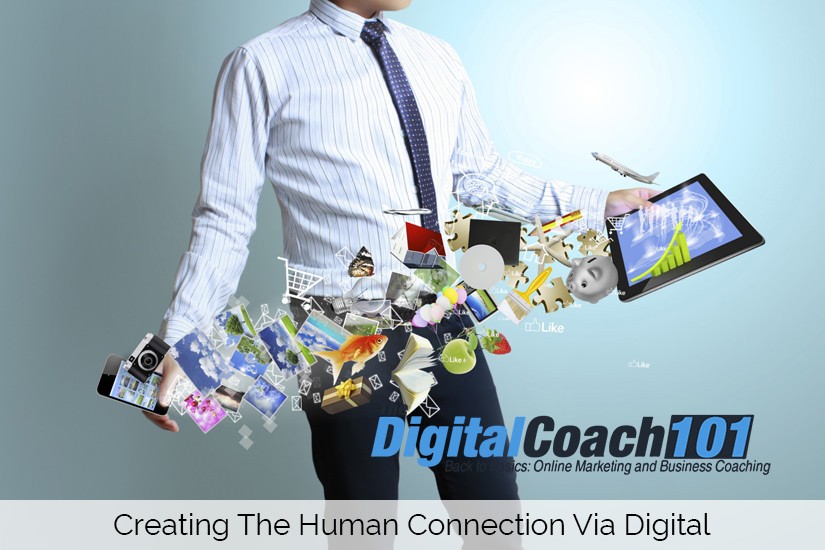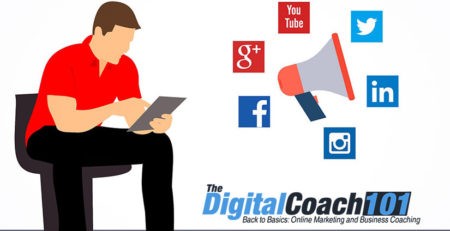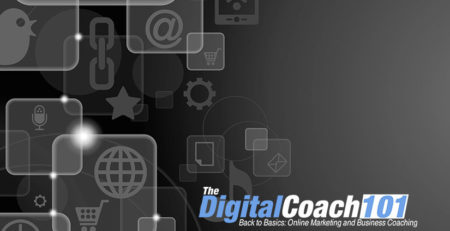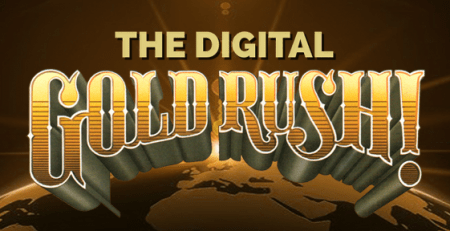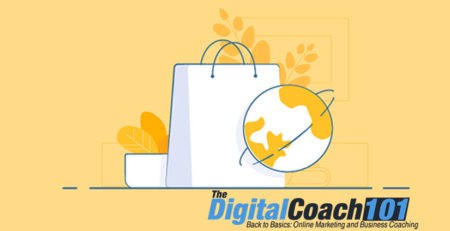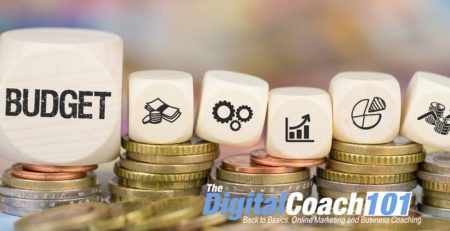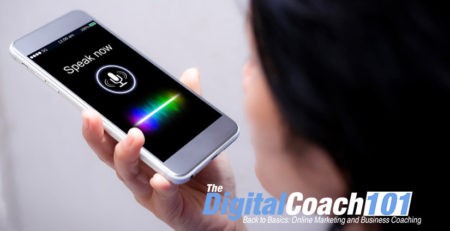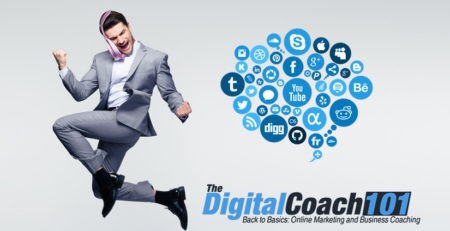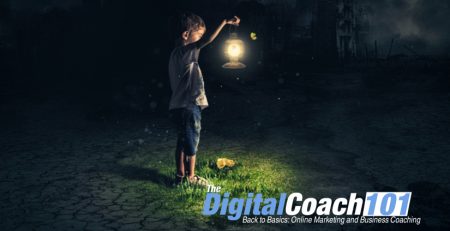What is Digital Marketing, and Why is it Like Dating?
Stop asking “What is digital marketing” and start asking, “What is dating?”
If you’re here to find out what digital marketing is, bear with us. There are things that can only be defined by the use of incredibly clever and slightly rambling analogies.
You see, not all of us understand the intricacies of the murky world of marketing. Fewer still understand digital marketing. But we all understand dating – at least – we should by now.
If you want to meet a girl, then you will go to places where girls are likely to be. There is absolutely no point in hanging out in the men’s changing rooms at a baseball match – nope, no women there.
Once you are in the right place, then you will need to find a likely candidate who is, for example, unmarried, looking for a relationship, and of a legal age.
Aha. So now you have a collection of lovely ladies who fit the minimum criteria. The next step is working out who may be interested in you. Do they enjoy camping and fishing (like you do) or are they night owls who prefer clubbing and Jägermeister? Are they looking for a long-term relationship or just a weekend of fun?
The list is narrowed down even further. Exciting stuff. Once you have their number you will probably send a few witty WhatsApp messages to test the waters and build on your relationship.
This is dating.
This is also digital marketing.
What is Marketing?
Before the advent of the ubiquitous internet, marketing was limited to business cards, magazine ads, newspaper coverage, fliers and t-shirts. Larger businesses with deeper pockets could afford radio or television ads.
Essentially, these avenues were set up for the sole purpose of promoting your business or brand, or to sell products or services – i.e. marketing.
Fast-forward to A.I (After Internet) and the landscape has changed – a lot.
What is Digital Marketing?
Digital marketing fills the same seat as traditional marketing, only it’s done online. So, promotion of your products or services via email, websites, social media, or via search engines all fall under the banner of digital marketing.
The two main elements of this magic bullet are:
- Digital marketing is targeted
- Digital marketing is trackable
Let’s talk about these two factors in more detail, because they weight the scales in favour of digital in rather a large way.
Targeted Marketing with Digital
Did our beleaguered friend mentioned above find his future wife in the men’s changing rooms? We think not.
In much the same way, digital marketing helps businesses to locate their ideal audience, find out where they congregate, what language they use, and how they prefer to communicate. It is then a piece of virtual cake to drop your marketing message in the middle of that group – even if they are dancing around their handbags.
Whereas a television or radio ad goes out to everyone and fliers get given to whoever happens to be in the right place at the wrong time, digital marketing allows businesses to find their ideal audience with pinpoint precision.
How so?
The Role of PPC in Digital Marketing
PPC, or Pay Per Click, is a form of digital marketing which makes use of paid platforms to deliver your message to a particular audience. Google is one of the giants in this arena, and they make use of a fantastic rabbit hole of a system which allows users to deliver their message to a specific age, gender, location, education level… you get the picture.
This channel stops wasted spend on people who aren’t likely to buy from you and helps you to hone in on those that will.
Facebook and LinkedIn are also firm favourites in the paid search category, allowing us to search and screen by job title, interests, household income and much, much more.
It’s kind of like when the girl you are chatting to says, “Oh hey, I was also born in Reading!” or “Wow, I read that book too and loved it. Weird!”
With PPC or paid search marketing, your message is displayed to the “right” people, but you only pay once the user clicks on your ad. Genius.
What is Digital Marketing? It is paid search which allows you to find your ideal audience and deliver your perfect message with precision.
The Role of SEO in Digital Marketing
SEO, or Search Engine Optimisation, is the process of creating content and web pages which appear organically in the search engine results when a user types in a query.
It is a long-term strategy which smart businesses use to create what is known as evergreen content – useful, practical and valuable information which users can read or download at will. Other sites may link back to your content if it is valuable enough, which adds to your online authority and pushes you higher up the search engine ranking.
Good SEO also means that you operate a technically sound website which is set up according to SEO best practice.
While not often seen in the same light as paid search, SEO content still offers a targeted result to users as the content is based on keywords which trigger the search result.
This is the real-world equivalent of meeting a lady of a similar age in a singles bar – she’s there for the same reason you are.
What is Digital Marketing? It is Search Engine Optimisation which delivers relevant and targeted results to users without having to pay for the click.
The Role of Social Media in Digital Marketing
Ah, social media. Most of us (in fact, almost half of all internet users) are on some social media channel.
You may enjoy simply scrolling through posts of myotonic goats (which are exceptionally funny any day of the week!) and seeing what your friends have been up to on Facebook, but you’re also being targeted by thousands of businesses in a covert marketing battle for your attention.
Social media channels are ideal platforms for marketing, both for B2C and B2B. However, social media marketing is a far gentler affair and does not involve clubbing your audience over the head with your message.
Here is where you create useful, shareable content which is bite-sized and easily digestible; content which your audience wants to share and engage with.
When you go to a friend’s wedding or meet new people at your cousin’s barbeque, you’re in a very similar position. You’re all there to socialise and enjoy conversation, but you also have loads in common and this is a great way to identify similar interests without having to “sell” yourself.
A social media presence is all about your brand; who you are, what you believe, what you offer that nobody else does, why people should engage with you, and serves to highlight the human element of your business. The rule of thumb is that just one out of every 10 messages posted on social media should be “sales” messages.
What is Digital Marketing? It is a social media presence which tells your audience who you are, why you do what you do, and serves to drive awareness and leads.
The Role of Email in Digital Marketing
Email marketing is probably one of the most underrated ways of maintaining brand awareness and generating leads.
A newsletter, promo, welcome letter, tips or content promotion all serve to keep your product or service front-of-mind in a non-intrusive way. If someone has given you their email address it’s because they’re okay to receive communication from you.
Email marketing can drive traffic to your website, generate leads and immediate sales, and start conversations.
When you’re messaging a person you’ve already met, you can afford to be a little light-hearted and conversational, safe in the knowledge that they know who you are and they’re happy to hear from you. Also, sending pictures at this point isn’t weird.
What is Digital Marketing? It is regular emails to existing customers or people who have expressed an interest in your business in order to keep them interested in your offering until they are ready to buy.
Tracking Your Digital Marketing Efforts
Now that we have an idea of what digital marketing is in terms of targeting your ideal audience, let’s explore the benefits of tracking.
How do you measure success in your business? Turnover? Profit?
Whatever the case, you understand the value of keeping tabs on the health of your business.
When it comes to digital marketing, this is equally important – and loads of fun!
Every element mentioned above can be tracked and analysed to work out how effective it is, how much it costs versus how much revenue it generates, and identifies the who, what and where of your audience.
Take Facebook for example. The insights offered to businesses who make use of their advertising and promotional services is mind-boggling. When you run an ad or post a piece of content you are able to see how many people saw it, how many liked it, shared it, watched it or saved it. Further to that, you can identify which demographic loved it the most: men or women, what age, which location, what interests.
Google analytics takes marketing analytics to a whole new level. Run a Google ad and you will be able to identify how much each click cost, where the people live, what their age, gender, and interests are. Further, if you send them to a website you can tell what time they got there, how long they spent there, which pages they interacted with, and which page they exited from. Track trends, see common search queries, locate market niches.
Taking into account this insane amount of data, it’s easy to see why digital marketing is the answer to questions that you didn’t know you had.
It’s clear, too, that making use of only one or two digital channels is like trying to find your soul mate by going to the same beach at 4:00 pm on a random Wednesday, as opposed to making use of all the means at your disposal.
Need Help Answering the Question, “What is Digital Marketing?”
If you’re still asking, “what is digital marketing?” then there’s a good chance that you may need a little help to get your business into the digital ecosystem.
The Digital Coach is fluent in digital, and we hold your hand and work with you to achieve the marketing success that you want. Contact our team today – let’s learn digital.

